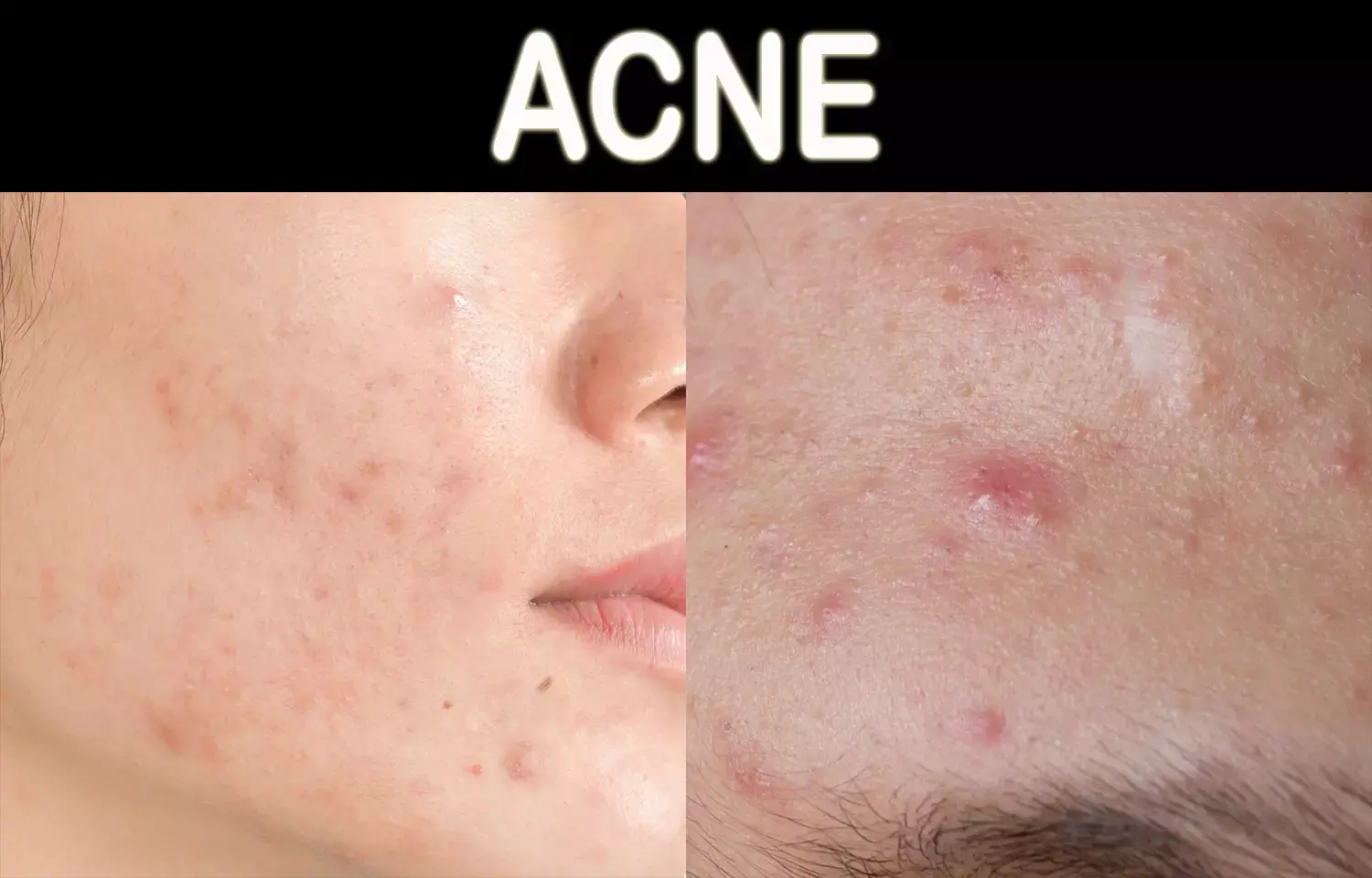- Home
- Medical news & Guidelines
- Anesthesiology
- Cardiology and CTVS
- Critical Care
- Dentistry
- Dermatology
- Diabetes and Endocrinology
- ENT
- Gastroenterology
- Medicine
- Nephrology
- Neurology
- Obstretics-Gynaecology
- Oncology
- Ophthalmology
- Orthopaedics
- Pediatrics-Neonatology
- Psychiatry
- Pulmonology
- Radiology
- Surgery
- Urology
- Laboratory Medicine
- Diet
- Nursing
- Paramedical
- Physiotherapy
- Health news
- Fact Check
- Bone Health Fact Check
- Brain Health Fact Check
- Cancer Related Fact Check
- Child Care Fact Check
- Dental and oral health fact check
- Diabetes and metabolic health fact check
- Diet and Nutrition Fact Check
- Eye and ENT Care Fact Check
- Fitness fact check
- Gut health fact check
- Heart health fact check
- Kidney health fact check
- Medical education fact check
- Men's health fact check
- Respiratory fact check
- Skin and hair care fact check
- Vaccine and Immunization fact check
- Women's health fact check
- AYUSH
- State News
- Andaman and Nicobar Islands
- Andhra Pradesh
- Arunachal Pradesh
- Assam
- Bihar
- Chandigarh
- Chattisgarh
- Dadra and Nagar Haveli
- Daman and Diu
- Delhi
- Goa
- Gujarat
- Haryana
- Himachal Pradesh
- Jammu & Kashmir
- Jharkhand
- Karnataka
- Kerala
- Ladakh
- Lakshadweep
- Madhya Pradesh
- Maharashtra
- Manipur
- Meghalaya
- Mizoram
- Nagaland
- Odisha
- Puducherry
- Punjab
- Rajasthan
- Sikkim
- Tamil Nadu
- Telangana
- Tripura
- Uttar Pradesh
- Uttrakhand
- West Bengal
- Medical Education
- Industry
Trifarotene in moderate acne: No study data for the assessment of the added benefit

Trifarotene is a drug for the external treatment of acne vulgaris of the face and trunk. It is suitable for affected people with many comedones, papules and pustules, i.e. with moderate acne for which systemic therapy is not yet an option.
The Federal Joint Committee (G-BA) now commissioned the German Institute for Quality and Efficiency in Health Care (IQWiG) to investigate whether the drug offers these patients aged twelve years and older an added benefit in comparison with combination therapy of adapalene and benzoyl peroxide or of clindamycin and benzoyl peroxide, which is also applied externally.
As the drug manufacturer's dossier did not contain any study data suitable for a direct or indirect comparison with this appropriate comparator therapy, it was concluded that an added benefit of trifarotene is not proven.
Placebo-controlled approval studies
The manufacturer cited two randomized controlled trials from the approval process in which trifarotene was compared with placebo, so they cannot be used for comparison with an established treatment alternative. In addition, the treatment phases of 12 weeks were very short. For a chronic condition like acne vulgaris, a minimum of 24 weeks is needed for a benefit assessment. The dossier contained supplementary information on a 1-year study, but this study had no control arm.
Enough affected people for good comparative studies
According to the manufacturer, there are about one to two million people with moderate acne vulgaris in Germany alone. Katharina Biester from IQWiG's Drug Assessment Department is critical of the fact that, even in such a widespread therapeutic indication, the approval studies were again only carried out in comparison with placebo: "There is a declared political will in Europe to generate evidence for comparisons between drugs. One wonders, therefore, why development programmes for new drugs are not aimed at answering both the questions of the approval and those of the benefit assessment."
G-BA decides on the extent of added benefit
The dossier assessment is part of the early benefit assessment according to the Act on the Reform of the Market for Medicinal Products (AMNOG) supervised by the G-BA. After publication of the dossier assessment, the G-BA conducts a commenting procedure and makes a final decision on the extent of the added benefit.
Hina Zahid Joined Medical Dialogue in 2017 with a passion to work as a Reporter. She coordinates with various national and international journals and association and covers all the stories related to Medical guidelines, Medical Journals, rare medical surgeries as well as all the updates in the medical field. Email: editorial@medicaldialogues.in. Contact no. 011-43720751
Dr Kamal Kant Kohli-MBBS, DTCD- a chest specialist with more than 30 years of practice and a flair for writing clinical articles, Dr Kamal Kant Kohli joined Medical Dialogues as a Chief Editor of Medical News. Besides writing articles, as an editor, he proofreads and verifies all the medical content published on Medical Dialogues including those coming from journals, studies,medical conferences,guidelines etc. Email: drkohli@medicaldialogues.in. Contact no. 011-43720751


